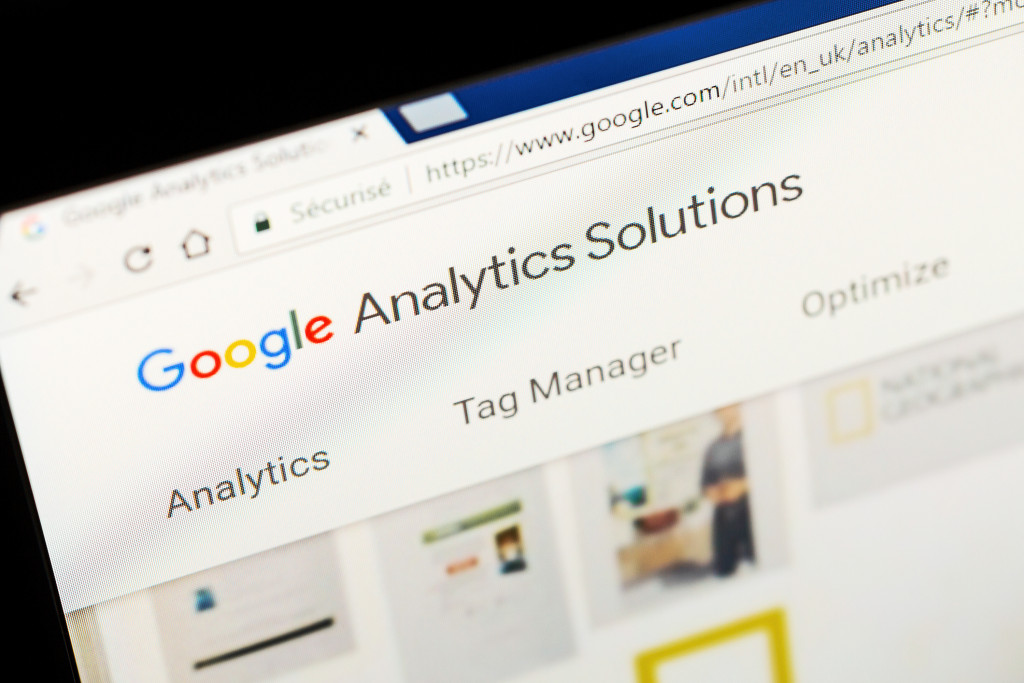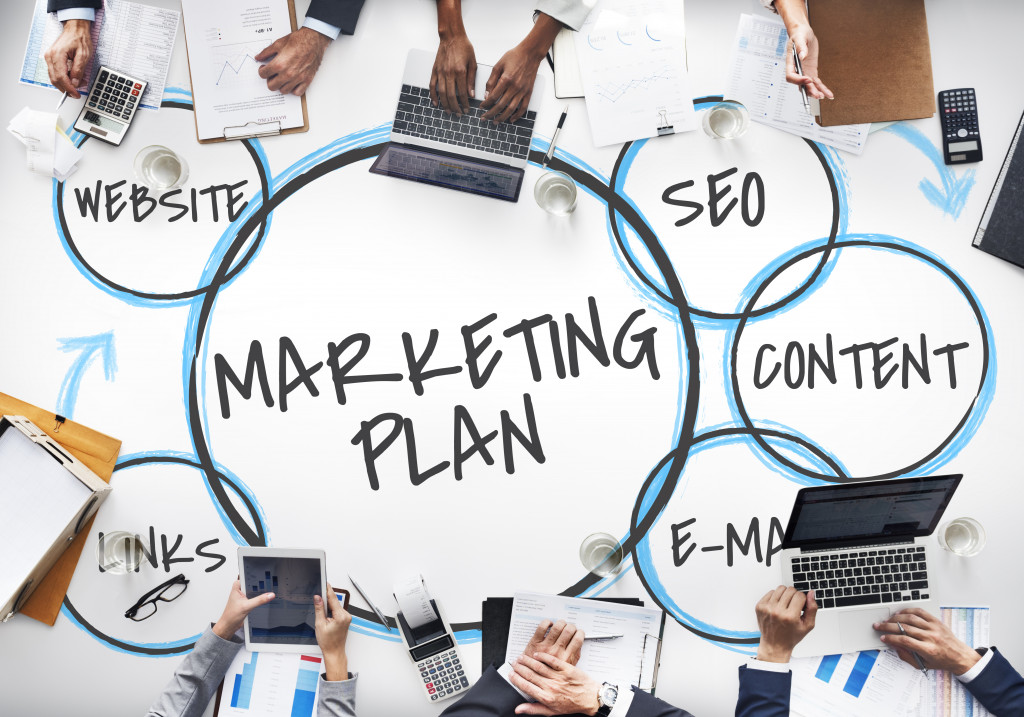The United States is poised to become one of the leading e-commerce markets in the world. In 2021, experts believe that the number of shoppers will reach over 230 million from fewer than 210 million in 2016.
Businesses that want to remain competitive and relevant know only one thing now: online marketing is the name of the game. But with many strategies available and limited funding, picking the right move can be challenging.
Working with a digital marketing agency can make it easier as the team can create a solid plan based on company goals or objectives. Nevertheless, it still pays to know your options. For example, with PPC and SEO, which should you do?
Breaking Down Definitions
The first rule in making comparisons is to know the definitions of the choices. What is PPC, and what is SEO?
What Is PPC?
PPC, or pay per click, is an online advertising strategy that involves choosing the keywords they want to target, bidding on them, creating ads around these keywords, and paying each time someone clicks on the ad.
It is a type of search engine marketing wherein the advertiser’s goal is to show their website as the top result for a given search term. Paid search results are displayed at the top and right of the organic search results.
Other principles of PPC include:
- Bid on keywords: The advertiser must bid on the keywords they want to use in their ad campaign. The cost per click (CPC) is determined by how much the advertiser is willing to pay for a given keyword and how competitive that keyword is.
- Target your audience: Advertisers can target their campaign based on demographics, including age, gender, and geographical location. Advertisers can also target specific devices or operating systems by writing separate mobile ads versus tablets versus desktop advertisements.
- Improve ad targeting: One of the most important aspects of PPC is tracking keywords getting clicks. By using highly targeted keywords, businesses can improve their ad targeting and lower their CPCs.
- Set a budget: Advertisers must set a daily or monthly budget for their campaigns. The budget will determine how many clicks they can receive per day.
- Control when ads are shown: Advertisers can pause or stop an ad campaign and can manually control when their ads are shown.
What Is SEO?
SEO, or search engine optimization, is the practice of optimizing a website for Google and other search engines. The goal of SEO is to improve the visibility of a website in organic search results.
SEO has two main aspects:
- On-page Optimization: On-page optimization focuses on the elements a site owner can control, such as title tags, meta descriptions, header tags, and images.
- Off-page Optimization: Off-page optimization focuses on the links pointing to a website. The goal is to get high-quality websites to link to a company’s site.
The Differences Between PPC and SEO

Now that we know what each marketing strategy is, let’s look at the differences between PPC and SEO:
- PPC is immediate: When someone clicks on an ad, the advertiser pays for that click. It makes PPC a good strategy for businesses that quickly get results.
- SEO is long-term: It can take weeks or months for a website to rank higher in search engine results. However, the benefits of SEO are long-term and can continue to bring traffic to a website years after the work is done.
- PPC is expensive: PPC campaigns require businesses to bid on keywords and set a budget for how much they’re willing to spend each day. It can quickly add up, especially if keywords are bid on at a high price.
- SEO is affordable: SEO is less expensive than PPC and can be done by in-house staff or an agency. It is also cheap since it can generate organic or natural traffic. Your target market finds you, not the other way around.
- PPC is easy to track: Advertisers can see how many clicks they’re getting for each keyword and adjust their bids accordingly.
- SEO is hard to track: It can be challenging to tell which keywords are working since rankings take time to improve.
- PPC is fast: With PPC, you can start getting results quickly.
- SEO is slow: SEO success depends on many factors, including the website’s current state and how competitive the industry is in terms of SEO.
Which One Is Right for You?
Now that you know the differences between PPC and SEO, which one should you do? The answer depends on your business goals:
- If you want immediate results, then PPC is the better option.
- SEO is the better option if you’re looking for a long-term strategy.
- SEO is the better option if you’re looking for a less expensive option.
- If you want to track your results, PPC is the better option.
Either way, most businesses can benefit from doing both even simultaneously. The most important thing is that these strategies align with your objectives.



